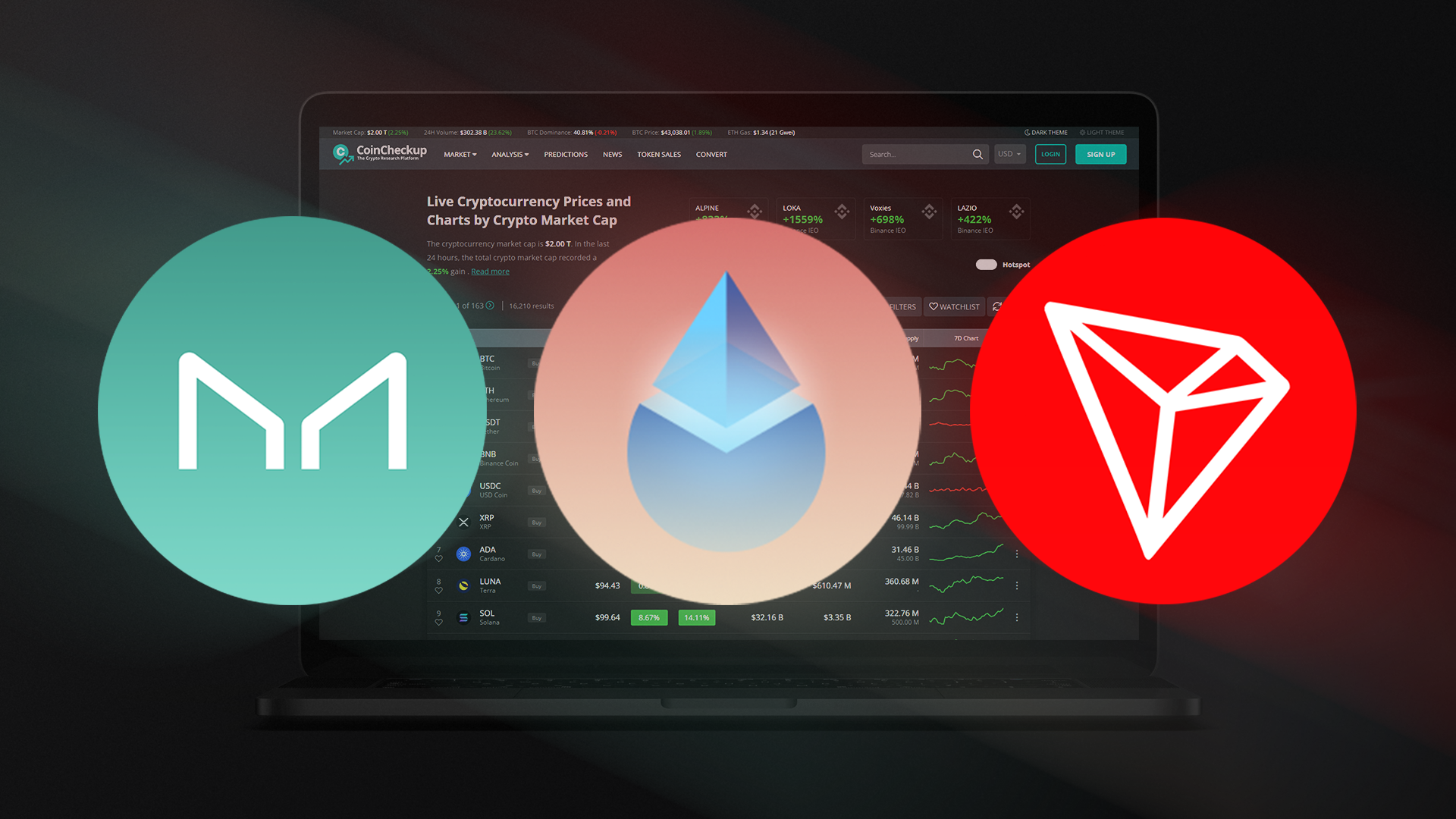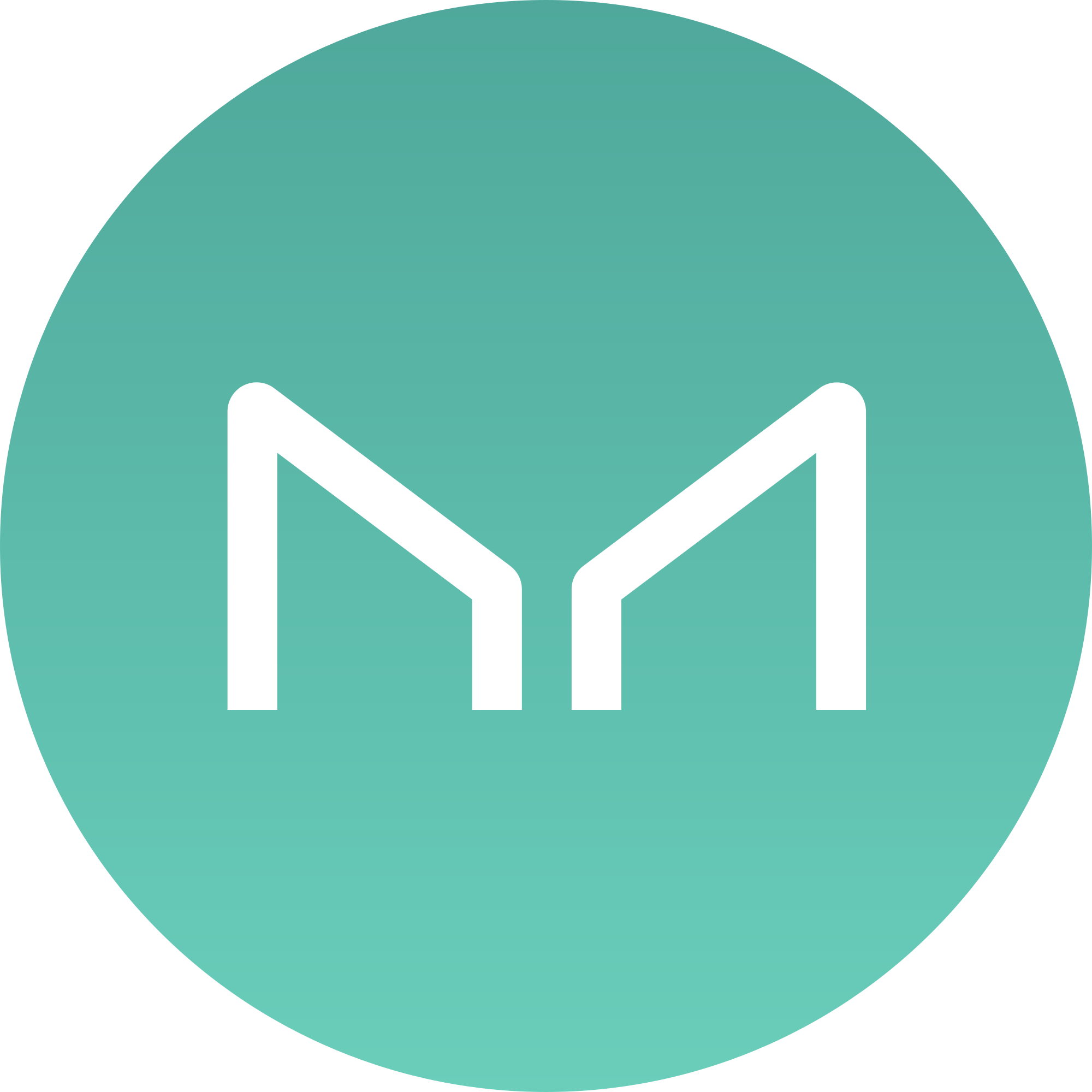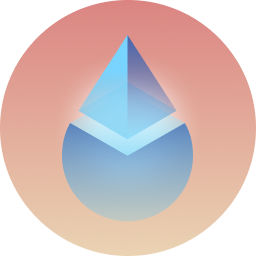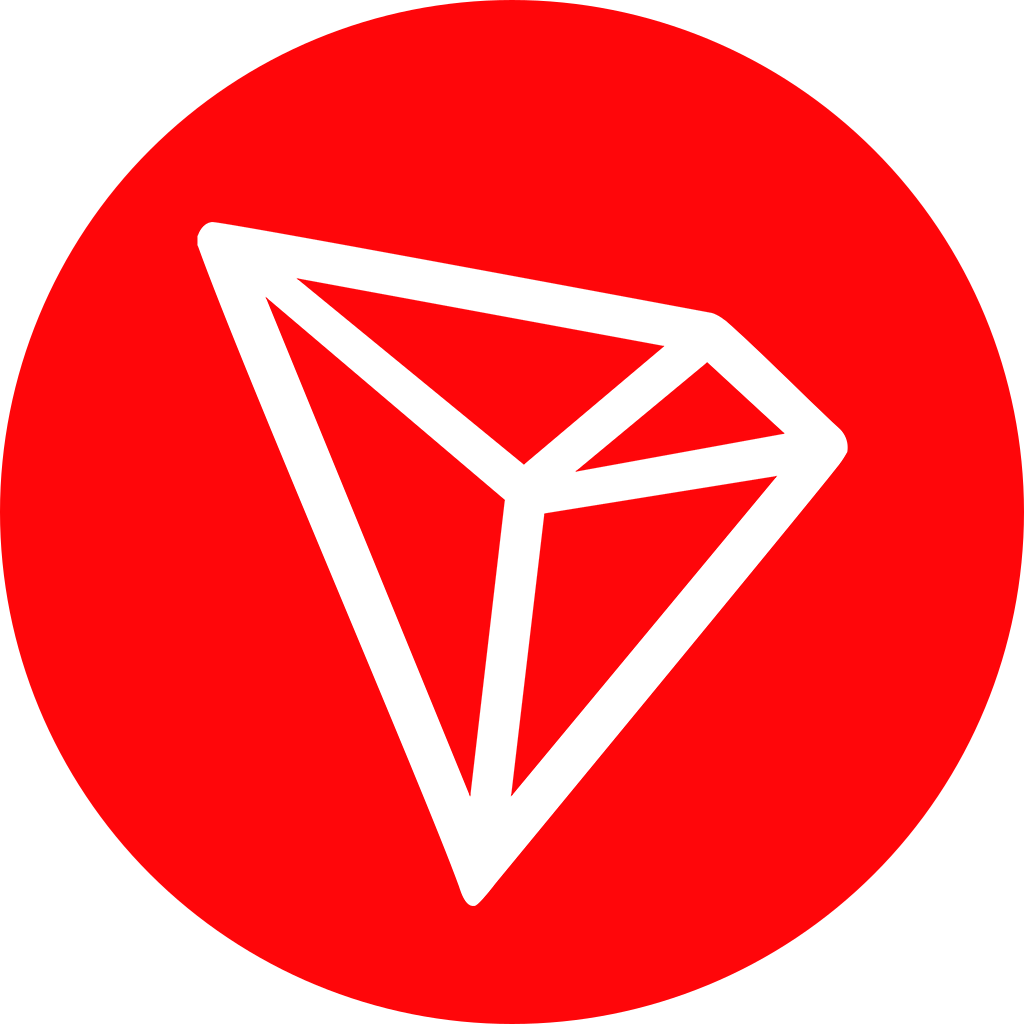
Last week the cryptocurrency markets have seen the largest weekly drop in market capitalization this year. Although the drop was not major at all, the total market capitalization has fell from $1.09 trillion to $1.05 trillion, which is the largest weekly decline this year. More than anything, this decline could indicate that the sentiment on the cryptocurrency markets is turning neutral or even slightly bearish again. The reasons behind this could be fears of stricter regulation of cryptocurrencies and crypto services or even the conditions on the broader financial markets. Nevertheless, in our weekly Top 3 Coins to Watch articles, we try to shine a light on prospective projects and their respective coins and tokens regardless of the general market conditions. T

3. Maker (MKR)
Maker protocol was one of the earliest projects on Ethereum and remains the cornerstone of Ethereum’s decentralized finance (DeFi) ecosystem. This protocol, which launched already in 2015, allows users to lock up their Ethereum or other Ethereum-based assets as collateral to receive a loan in the form of Dai stablecoin. Dai, which is designed to trade as close to $1 as possible, is issued in a completely trustless manner. Its issuance and peg are governed by a complex system of Ethereum smart contracts. MKR is Maker Protocol’s governance token. Holders of these ERC-20 tokens can propose changes to the protocol and participate in governance polls.
Maker is launching Spark Protocol, a fork of Aave v3 that will soon compete with its parent protocol
On February 8, 2023, MakerDAO, the governing body behind the pioneering Maker Protocol, revealed its latest proposal, which suggests creating Spark Protocol. Developed and maintained by research and development company Phoenix Labs, Spark Protocol will be a front-end application that will enable users to interact with DAI. The first product from Spark Protocol, Spark Lend, will be a lending solution initially focusing on the most liquid, decentralized, and highest market cap assets.
The protocol will utilize pricing oracles from Chronicle Labs and Chainlink for enhanced security. Additionally, MakerDAO will be launching etherDAI, a liquid staking derivative pegged to ETH, to further solidify its entry into the lending market. In must be noted that the Spark Protocol is a fork of the very popular Aave v3 protocol. While not directly tampering into Aave’s liquidity, the Spark protocol will inevitably hinder Aave’s market share by offering the same services as its parent chain. Spark Protocol developer Phoenix Labs has therefore announced it would send 10% of profits earned in the DAI market for the next two years to Aave. The launch of Spark Lend is planned for April, with no exact date provided. The entry of MakerDAO into the lending market could lead to increased competition and better rates and user experience for users in the ever-growing decentralized finance industry. In addition, with this move, Maker will no longer have to depend on other DeFi protocols for DAI stablecoin adoption.

2. Lido Dao Token (LDO)
The Lido DAO is a Decentralized Autonomous Organization that manages the Lido staking service protocol by deciding on key parameters such as fees and incentives. Lido is currently the most popular staking protocol for Ethereum 2.0, Solana and Kusama, and the second largest DeFi service in terms of TVL, according to DeFi Llama. At the moment, Lido’s 4.9% APR on staked ETH, has attracted already more than 5 million ETH worth over $7.8 billion. For context, the total market cap of all ETH staked in the Ethereum 2.0 contract is around $27 billion, according to Staking Rewards. In addition, there are also some SOL (Solana), GLMR (Moonbeam) and other tokens staked on Lido, which accounts for a total of $8.04 billion worth of assets locked in the Lido protocol. LDO is the governance token of the Lido DAO, granting its holders rights to vote on proposals of changes to the protocol.
Decentralized staking protocols could benefit from the regulators’ crackdown on centralized staking services
Last week, crypto exchange Kraken made headlines as it agreed to settle with the U.S. Securities and Exchange Commission (SEC) for failing to register its cryptocurrency staking product. The popular crypto exchange concurred to pay $30 million in penalties and discontinue offering staking services on U.S. territory. While the dispute was resolved swiftly, the SEC’s move clearly indicates that regulators are very disapproving of centralised entities offered unregistered crypto staking services. While this could cause headaches for platforms with similar offerings the regulator’s crackdown could prove beneficial for decentralized staking services such as Lido, which will be much more difficult if not impossible to regulate.
In addition, Lido developers have recently presented the proposal for Lido protocol’s largest upgrade to date called Lido V2. By implementing a novel Distributed Validator Technology (DVT) the protocol will move to a new modular design, which will allow anyone to deploy staking on-ramps. In addition, the upgrade will bring improvements to withdrawals, allowing all stETH holders to withdraw from Lido at a 1:1 ratio. Launch of Lido V2 is estimated to hit the testnet sometime in March, while we can expect the deployment to the mainnet in March or April this year. The improved version of the protocol is expected to further cement Lido’s pole position among decentralized staking protocols.

1. TRON (TRX)
TRON is a decentralized blockchain platform that aims to build a global digital content entertainment system with distributed storage technology. The platform allows users to publish, store and own data in a decentralized manner, while also offering the ability to create and publish their own content. The project was founded by Chinese entrepreneur Justin Sun, and its development is overseen by the Tron Foundation, which was established in 2017. TRX is the native token of the TRON blockchain and is used to pay for transactions on the network and access various decentralized applications built on the platform. In addition, TRX is also used for decentralized governance purposes. Before the launch of TRON mainnet, TRX existed in the form of an ERC-20 token on the Ethereum blockchain. After the launch of its own blockchain in June 2018, TRON quickly grew to become a major player in the blockchain sector and has positioned itself as a competitor to Ethereum with a focus on providing high-throughput and scalability for decentralized applications and content platforms. Similarly to Ethereum, the TRON blockchain can also host custom TRON-based assets, issued using the TRC10 and TRC20 standards. TRX is currently the 16th largest cryptocurrency by market capitalization and the network’s popularity is still on the rise.
Tron Foundation launches a $100 million AI development fund
Last week the Tron Foundation announced the establishment of a $100 million development fund that will support the development and growth of artificial intelligence (AI) projects and initiatives and their implementation to the dApps running on TRON blockchain. Organizations working on AI-related TRON-based projects that are aligned with the mission and vision of the Foundation will benefit from both financial as well as technical support.
Initially the AI development fund will focus on projects that are working on four key areas, these are the creation of AI service payment platform, an AI infused oracles, AI informed investment management services, and AI-generated content. However, the development fund is just a part of TRON’s wider push to integrate AI with its blockchain. Justin Sun, the project’s founder, recently tweeted that TRON will develop and offer an AI-oriented decentralized payment framework for AI systems such as the growingly popular ChatGPT. By providing resources and support to AI developers and organizations, the Tron Foundation aims to encourage the growth and adoption of AI technologies in a decentralized and open-source manner. This, in turn, is expected to contribute to the development of the wider TRON ecosystem and the growth of the TRON network.



